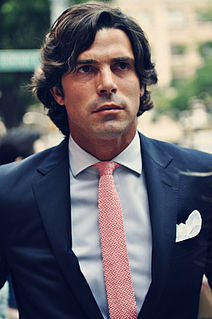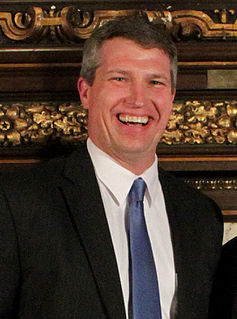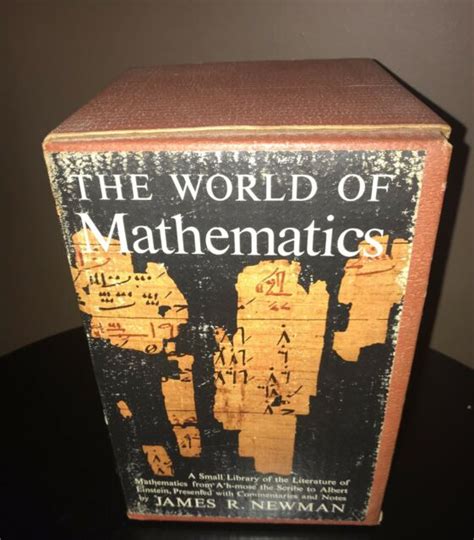A Quote by Ronald Coase
Economics, over the years, has become more and more abstract and divorced from events in the real world. Economists, by and large, do not study the workings of the actual economic system. They theorize about it. As Ely Devons, an English economist, once said in a meeting: 'If economists wanted to study the horse, they wouldn't go around and look at horses. They'd sit in their studies and say to themselves, `What would I do if I were a horse?' '
Related Quotes
Some guys make their careers off one horse; kind of a trick horse, a wonder horse. I'm not knocking that, but for me I'm trying to get better and study. That means taking out new horses. It's a life study. When I've finished a horse, I turn him out and basically stop riding him, except taking him to the occasional branding so I can enjoy him.
I have to say my relationship with the horses is the biggest thing, and it grows. I love horses more and more every day, and I'm breeding, so when I'm playing a horse that's the son of a horse, the daughter of a horse I used to play, it's like bonding. So I think that's the most amazing part of it. It's the passion that we polo players have for the horses first, and then the game and the strategy of the game and winning and the team and your teammates, all of those things are a big part of it, but the horses are my favorite part.
I write with two things in mind. I want to be right with my fellow economists. After all, I've made my life as a professional economist, so I'm careful that my economics is as it should be. But I have long felt that there's no economic proposition that can't be stated in clear, accessible language. So I try to be right with my fellow economists, but I try to have an audience of any interested, intelligent person.
Dakota tribal wisdom says that when you're on a dead horse, the best strategy is to dismount. Of course, there are other strategies. You can change riders. You can get a committee to study the dead horse. You can benchmark how other companies ride dead horses. You can declare that it's cheaper to feed a dead horse. You can harness several dead horses together. But after you've tried all these things, you're still going to have to dismount.
It's not enough to have a few women's studies courses. Why is it more important to study Paul Revere's midnight ride than it is Susan B. Anthony's 50-year effort to transform the face of America for women? When you're in school, most of the events you study are about men. Men's activities lauded and repeated over and over. What about us? What about commemorating the decades-long struggle for suffrage? Why don't we hear those stories over and over and over again. It's almost inconceivable for men to understand what it would be like to live without that constant valorization.
Mathematical economics is old enough to be respectable, but not all economists respect it. It has powerful supporters and impressive testimonials, yet many capable economists deny that mathematics, except as a shorthand or expository device, can be applied to economic reasoning. There have even been rumors that mathematics is used in economics (and in other social sciences) either for the deliberate purpose of mystification or to confer dignity upon common places as French was once used in diplomatic communications.
There's an ancient bond that still exists today between horses and humans, it is even there with people that have never ridden a horse or been around horses. The horse is what settled the entire west. If it weren’t for the horse they’d probably be only a couple hundred miles from where they started. A lot of people don’t realize how much they owe the horse because it’s not so much a part of our culture right now as it used to be.
Technological revolutions are very hard to predict. My favourite example is someone in 1850 taking care of horses as a farrier. They would have said, "Look, horses have been part of human existence for 5,000 years. We are horse people. It's permanent." But all of a sudden, the internal combustion engine comes along and, with it, oil fields and automobiles, which basically replace the horse completely. So we often have these long periods of stability and then a sudden inflection point.
The years of the Great Depression were a superb time for economists because people not knowing what could be done or what should be done would always assume that maybe an economist had the answer. If you were just a lawyer in Washington, you were nobody. But if you were an economist, you might have the answer.
































